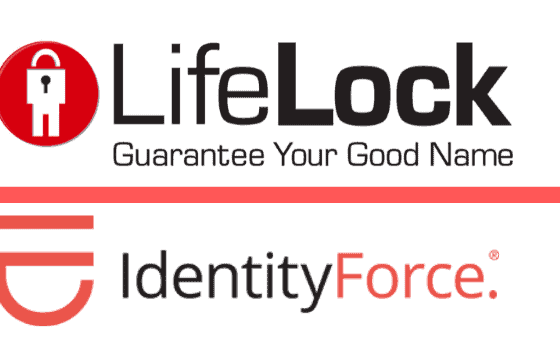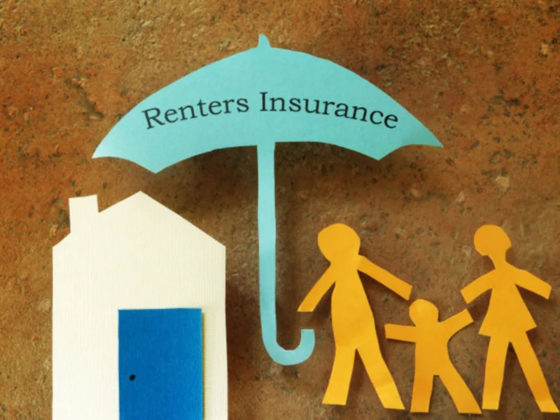Thanks to the all-too-common misconceptions and half truths circulating about alternative banks, ethical banks, credit unions and building societies, many otherwise socially and financially responsible people are choosing to avoid this type of financial institution. Finding an ethical bank is something that most people want to do, and too few people make the effort to actually accomplish. Lately, credit unions and ethical banks have gotten an ill-deserved bad rep. Here’s a look at some of the common misconceptions regarding these alternative banks, as well as some tips and tricks for switching your current accounts over.
Ethical Banks Have Too Many Restrictions
Your money belongs to you – you worked hard for it and, chances are, you like the idea of being firmly in charge of your finances. When it comes to ethical banks and credit unions, many people assume they come with extensive membership restrictions and fraternity-like enrollment. Once upon a time, when credit unions and building societies were first popping up across the UK, this may have been closer to the truth.
Today, there are fewer restrictions on joining credit unions and ethical banking institutions, and opening a current account there is just as easy as setting up your finances at a traditional bank.
A Credit Union or Building Society Isn’t Regulated
This is probably one of the biggest fallacies about ethical banking being circulated today. Governing agencies regulate credit unions in much of the same way as they do corporate banks – and in some case even more so. The money in all of your current accounts is safe and secure at any one of these institutions.
Also, because your ethical bank or credit union reports directly back to you and your fellow consumers – and not to a board of faceless trustees – there is much more transparency when it comes to the kinds of projects and business ventures your money is funding.
A Credit Union Won’t Offer as Many Services as a Traditional Bank
When a consumer is looking to open a bank account, they will inevitably choose the financial institution that offers them the most services and competitive rates. Credit unions and building societies wouldn’t continue to stay in business (and to grow at a fast rate) if they didn’t offer the same things as the big banks.
In fact, most ethical banks offer better interest rates on individual savings accounts and mortgages than their corporate counterparts.
There’s a Fee to Join
Just as with any other bank that you’d open a bank account with, you’re usually required to have a minimum opening balance for new bank account at an ethical bank. Some credit unions will also require you to keep a minimum balance in your checking account at all times, or your account will be closed. Again, this is no different than traditional banks. Others will charge a monthly fee for not complying with the rule. Opening an account isn’t any more expensive either.
You Can Only Use Your Ethical Banking Institution Locally
While it’s true that most credit unions aren’t available across all of the UK, most are part of groups that allow you to do your banking from wherever you are. Also, a bigger online presence will allow you to tackle the majority of your banking needs from your computer, laptop or smart phone.
Only Employees of Companies Associated with Credit Unions Can Join
A long time ago, this was true. But this was before there were a lot of people interested in joining credit unions. Now that credit unions have gained in popularity, they have let go of that restriction, so that anyone can join. There are a few sprinkled throughout the UK that have chosen to stick to that rule, but it’s easier now than ever to find a credit union or alternative bank that you can easily join.
Credit unions and ethical banks may have gotten a less than stellar reputation over the course of the years, but there’s no reason not to give them an honest chance. With member benefits, competitive rates and a positive social influence, ethical banks and credit unions are an excellent alternative to traditional banks.





